
Are you ready to gain control of your finances and create a secure and successful future? In this article, I will provide the details of 20 Inspiring Life Changing Books on Personal Finance That Will Transform Your Financial Future. Personal finance may appear difficult, but books provide a wealth of information that can help you improve your financial situation. In this article, we’ll look at 20 must-read personal finance books that will change your financial future. These books provide excellent guidance, ideas, and insights that are ideal for anyone trying to better their finances. Let’s look at these must-reads and see how they can change your life.
Classic Must Reads Personal Finance Books
1 – Rich Dad Poor Dad – by Robert Kiyosaki
“Rich Dad, Poor Dad” is one of the most influential personal finance books of all time. Robert Kiyosaki compares the financial techniques of his “Rich Dad” (best friend’s father) against those of his “Poor Dad” (biological father). The book delves into key principles like wealth creation and financial independence.
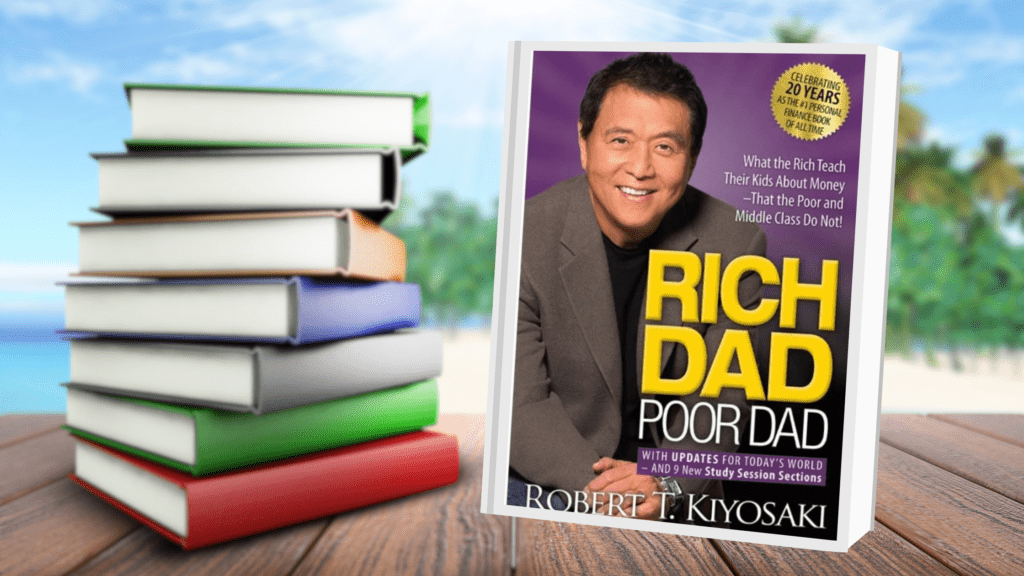
Big Lessons Learned from “Rich Dad Poor Dad”
- The poor and the middle class work for money. The rich have money to work for them.
- It’s not how much money you make that matters. It’s how much money you keep.
- Rich people acquire assets. The poor and middle class acquire liabilities that they think are assets.
- Financial aptitude is what you do with the money once you make it, how you keep people from taking it from you, how to keep it longer, and how you make money work hard for you.
- The single most powerful asset we all have is our minds.
Key Takeaways
- The Importance of Financial Education: Kiyosaki believes that understanding money and investing is critical to financial success.
- Assets vs. Liabilities: Discover the distinction between assets and liabilities, and why building assets is the key to wealth.
- Investing in Real Estate: The book highlights the advantages of real estate as an investment vehicle.
2 – The Total Money Makeover – by Dave Ramsey
Dave Ramsey’s “The Total Money Makeover” is a straightforward, step-by-step guide to financial wellness. Ramsey’s approach focuses on debt reduction, savings, and intelligent investing.
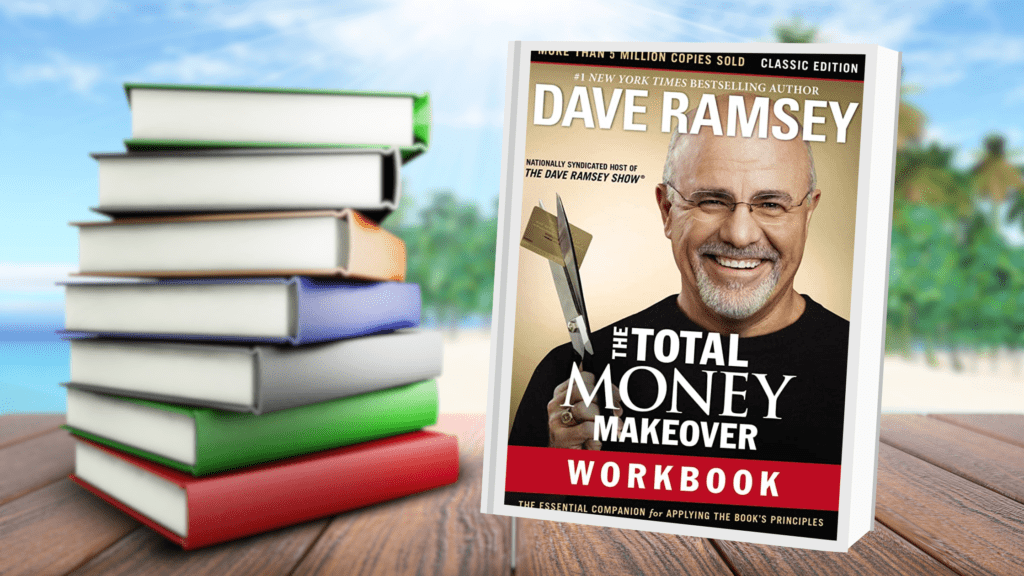
Big Lessons Learned from “The Total Money Makeover”
- Your financial security is not as secure as it may seem, and it’s important to take action. While debt is often seen as a normal part of life, we should acknowledge its limitations and risks.
- The first step toward financial stability is to establish an emergency fund.
- The second and third steps involve paying off your debts one by one and then increasing your emergency fund.
- Next, aim to invest 15 percent of your income in mutual funds for retirement.
- If you have children and want them to attend college without debt, it’s important to plan for this.
- The sixth step is to become debt-free by paying off your mortgage.
- Lastly, follow your financial plan and use your money purposefully, including giving back when possible.
Key Takeaways
- The Debt Snowball Method: is a step-by-step approach for paying off debt by starting with the smallest balances.
- Emergency Fund: Ramsey recommends starting a $1,000 emergency fund as the first step toward financial security.
- Investing for the Future: Expert advice on how to save for retirement and build long-term wealth.
Investing Insights
3 – The Intelligent Investor – by Benjamin Graham
Benjamin Graham’s “The Intelligent Investor” is widely regarded as the bible of investing. It presents an idea of value investing and provides timeless direction on how to succeed in the stock market.
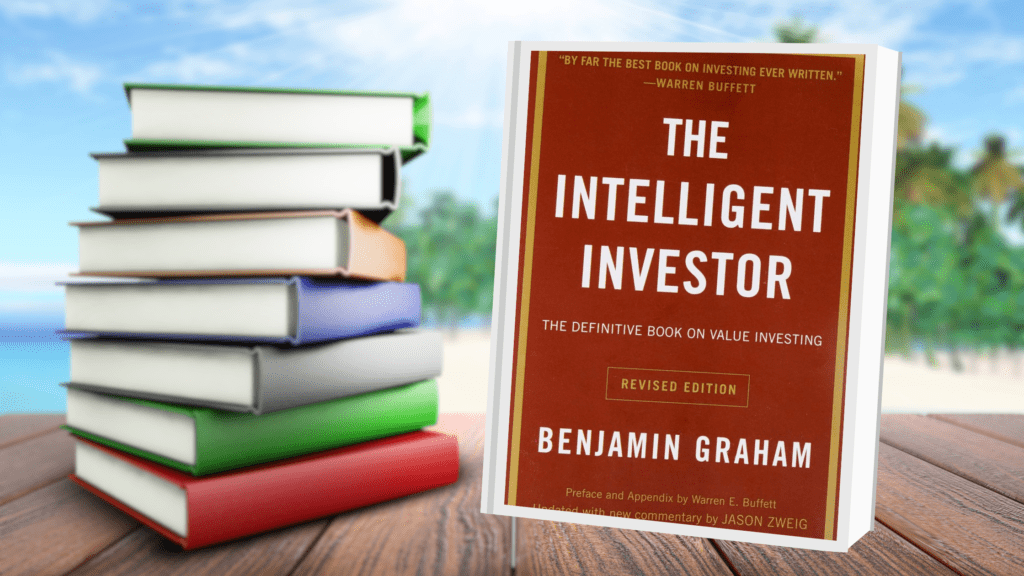
Big Lessons Learned from “The Intelligent Investor”
- Value Investing: Emphasize the intrinsic value of stocks over market speculation.
- Margin of Safety: The importance of investing with a margin of safety to protect against substantial losses.
Key Takeaways
- Invest in undervalued stocks for long-term growth.
- Always consider the margin of safety when investing.
- Be patient and disciplined in your investment strategy.
4 – A Random Walk Down Wall Street – by Burton G. Malkiel
Burton G. Malkiel’s “A Random Walk Down Wall Street” provides a comprehensive guide to the financial markets. Malkiel argues that the most effective investment strategy is to invest in index funds.
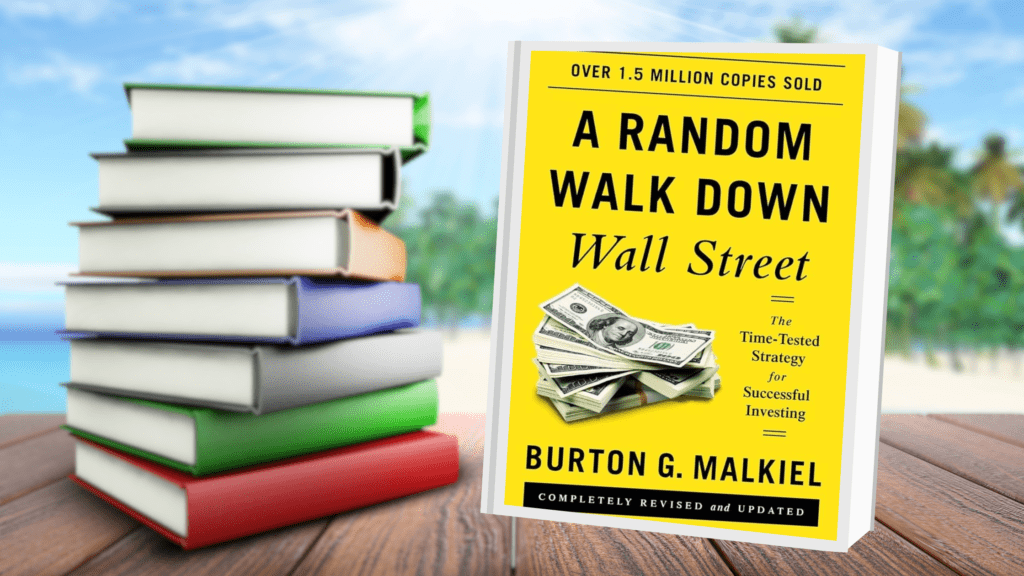
Big Lessons Learned from “A Random Walk Down Wall Street”
- Efficient Market Hypothesis: The concept that markets are efficient and that it is difficult to consistently outperform the market.
- Index Funds: Advocates for low-cost index funds as the best investment strategy for most people.
Key Takeaways
- Invest in low-cost index funds for broad market exposure.
- It’s best to avoid attempting to time the market or select individual stocks.
- Diversify your investments to reduce risk.
Modern Financial Wisdom
5 – I Will Teach You to Be Rich – by Ramit Sethi
Ramit Sethi’s book “I Will Teach You to Be Rich” offers a six-week program to help young adults manage their personal finances.

Big Lessons Learned from “I Will Teach You to Be Rich”
- Automating Finances: Tips on automating savings, investments, and bill payments.
- Effective Budgeting: Strategies for creating a budget that aligns with your goals.
Key Takeaways
- Automate your finances to ensure consistent saving and investing.
- Create a budget that works for your lifestyle and financial goals.
- Set your sights on long-term financial success and growth.
6 – Your Money or Your Life – by Vicki Robin and Joe Dominguez
“Your Money or Your Life” by Vicki Robin and Joe Dominguez presents an innovative approach to managing finances and finding fulfillment in life.

Big Lessons Learned from “Your Money or Your Life”
- Money and Life: The connection between your money habits and your life’s purpose.
- Nine-Step Program: A detailed plan to achieve financial independence and live a more fulfilling life.
Key Takeaways
- Take a fresh look at your relationship with money to ensure it reflects your core values.
- Ready to take control of your financial future? Embrace a structured program to achieve true financial independence.
- Improve your quality of life by making mindful choices about how you spend your money.
Personal Finance for Women
7 – Women & Money – by Suze Orman
In “Women & Money,” Suze Orman addresses the financial challenges women face and provides strategies for achieving financial security and independence.

Big Lessons Learned from “Women & Money”
- Financial Empowerment: Ladies, it’s time to seize control of your financial destinies.
- Investing and Saving: Discover effective tips for growing your wealth and taking charge of your finances.
Key Takeaways
- Seize the reins of your financial future to create lasting security.
- Make smart investment decisions and commit to saving regularly to secure long-term financial growth.
- Get ready for tomorrow with a solid financial game plan.
8 – Smart Women Finish Rich – by David Bach
David Bach’s “Smart Women Finish Rich” provides a financial guide tailored specifically for women, focusing on wealth building and achieving financial goals.

Big Lessons Learned from “Smart Women Finish Rich”
- Financial Planning: Get ready to take charge of your financial future with these essential steps for setting and achieving your money goals.
- Wealth Building: Discover powerful strategies for growing your wealth through smart investing and saving for the long term.
Key Takeaways
- Get ready to rock your finances by setting clear goals and crafting an action plan to make them happen.
- Start building your future wealth by making smart investments today.
- Get ready to master your finances with boldness and a proactive approach.
Essential Reads for Financial Mindset
9 – The Richest Man in Babylon – by George S. Clason
“The Richest Man in Babylon” by George S. Clason uses parables set in ancient Babylon to teach timeless principles of personal finance.

Big Lessons Learned from “The Richest Man in Babylon”
- Saving a Portion of Income: Don’t forget the golden rule: always save at least 10% of what you earn!
- Investing Wisely: Learn the art of making wise investments and getting advice from professionals.
Key Takeaways
- Make it a habit to set aside a portion of your earnings on a regular basis.
- Make smart investment choices by consulting with knowledgeable professionals and keeping your eyes on the prize of long-term growth.
- Build your wealth by living below your means.
10 – Think and Grow Rich – by Napoleon Hill
“Think and Grow Rich” by Napoleon Hill delves into the mindset and principles that drive success and wealth creation.

Big Lessons Learned from “Think and Grow Rich”
- Desire and Belief: Believing in your burning desire to succeed is key to reaching your goals.
- Setting Goals: Discover effective strategies for establishing precise and achievable financial objectives.
Key Takeaways
- Embrace a mindset geared towards success to reach your financial aspirations.
- Chart a clear course for your financial journey by setting specific and achievable goals.
- Face challenges head-on with unwavering determination and unbreakable resilience.
Retirement Planning
11 – The Simple Path to Wealth – by JL Collins
Discover the straightforward advice on wealth building and retirement planning in JL Collins’ book, ‘The Simple Path to Wealth’.

Big Lessons Learned from “The Simple Path to Wealth”
- Financial Independence: Mastering the Art of Financial Freedom and Early Retirement
- Investment Basics: Discover simple and effective investment strategies.
Key Takeaways
- Ready to gain financial freedom with a straightforward and effective strategy?
- When it comes to investing, consider focusing on low-cost index funds.
- Start planning now for a retirement that’s both secure and enjoyable.
12 – How Much Money Do I Need to Retire? – by Todd Tresidder
Todd Tresidder’s book offers a complete roadmap for calculating the required retirement funds and ways to attain them.
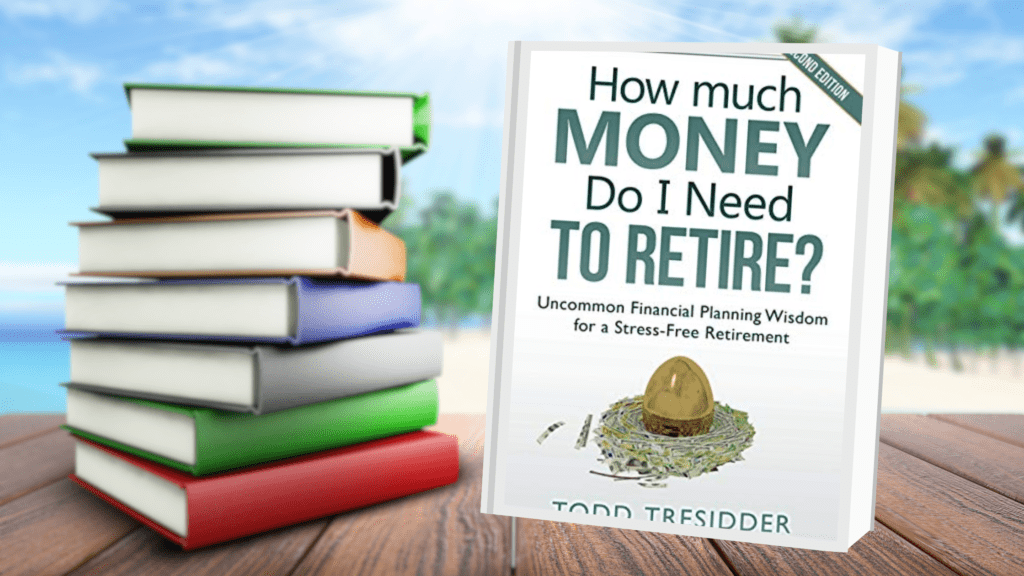
Big Lessons Learned from “How Much Money Do I Need to Retire?”
- Retirement Planning: Get ready to dive into the nitty-gritty of retirement planning with detailed strategies for calculating your retirement needs.
- Wealth Building: Essential Strategies for Growing Your Retirement Savings.
Key Takeaways
- Make sure you accurately calculate your retirement needs for a secure future.
- Let’s explore some effective ways to secure a strong and reliable retirement fund.
- Secure your financial future for a worry-free retirement.
Personal Finance and Entrepreneurship
13 – The Millionaire Fastlane – by MJ DeMarco
MJ DeMarco’s “The Millionaire Fastlane” presents a fresh and unique approach to building wealth through entrepreneurship.
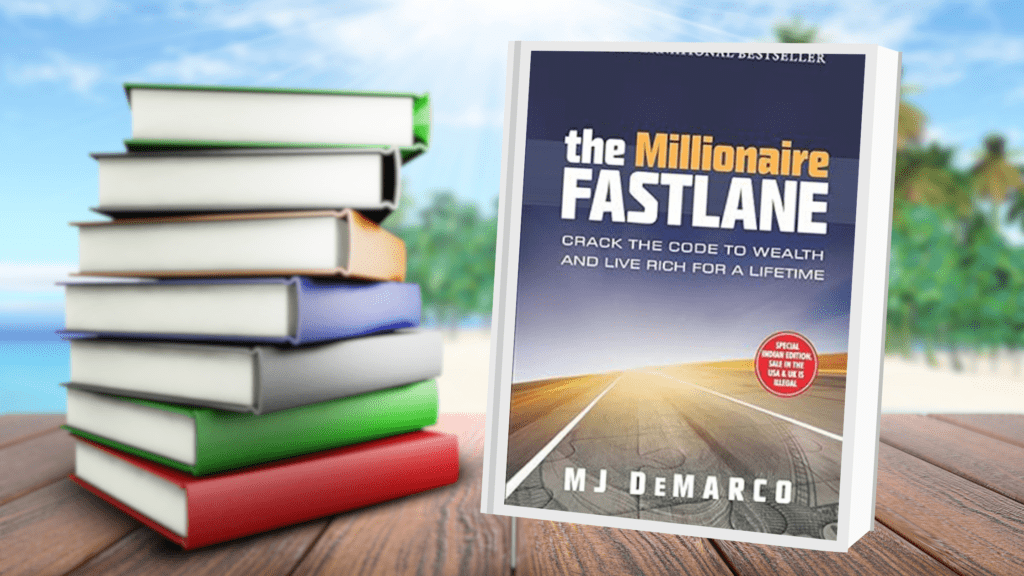
Big Lessons Learned from “The Millionaire Fastlane”
- Entrepreneurship: The importance of creating a business to achieve wealth.
- Fastlane vs. Slowlane: Transforming the traditional slow path to wealth-building into quick and dynamic entrepreneurial journeys.
Key Takeaways
- Unlock your potential for wealth by embracing entrepreneurship.
- Master the art of distinguishing between slow and fast wealth-building tactics.
- Empower yourself by creating a business and taking control of your financial future to achieve true freedom.
14 – The Lean Startup – by Eric Ries
Eric Ries’ “The Lean Startup” offers a game-changing framework for building a successful startup by focusing on smart resource management and innovation.
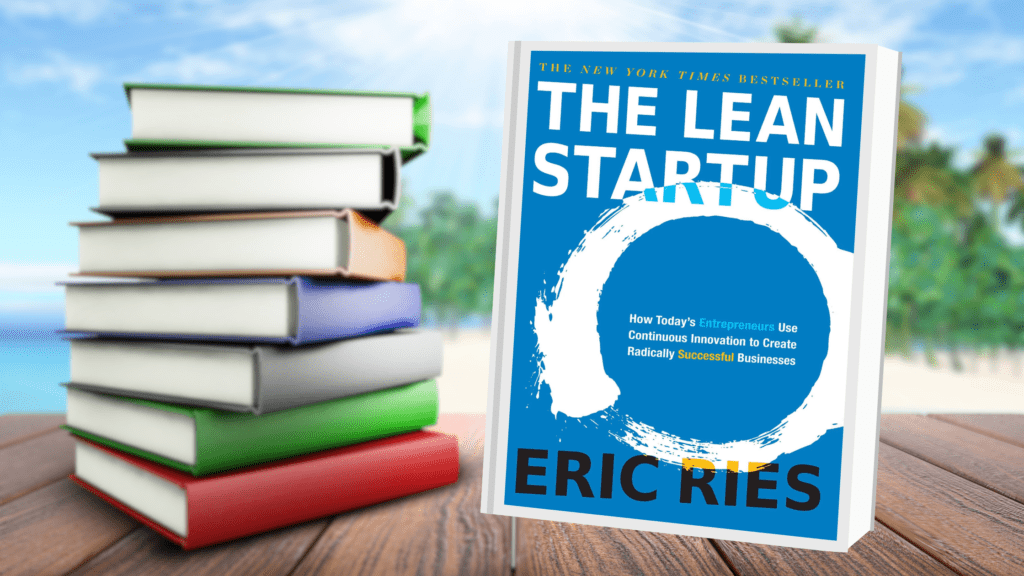
Big Lessons Learned from “The Lean Startup”
- Lean Principles: Discover how lean principles can supercharge your startup development!
- Innovation: Unlocking the power of continuous innovation and advancement.
Key Takeaways
- Use lean principles to create a thriving startup.
- Focus on innovation and maximize efficiency.
- Adopt the lean methodology to cut down on waste and achieve outstanding results.
Conclusion
These 14 life changing books on personal finance offer a wealth of knowledge and strategies to help you take control of your financial future. Whether you’re just starting your financial journey or looking to deepen your understanding of personal finance, these books provide valuable insights and actionable advice. Embrace the lessons from these books, and you’ll be well on your way to transforming your financial life and achieving your financial goals.
FAQs
Q1: Why are personal finance books important?
Personal finance books provide valuable knowledge, strategies, and insights to help manage money, build wealth, and achieve financial goals, offering foundational principles and advanced strategies for financial success.
Q2: What are the key benefits of reading personal finance books?
Reading personal finance books will be literally life changing because they can help you understand money management, learn investment strategies, develop a savings plan, and gain a new perspective on financial challenges. They provide practical advice that you can apply to your financial situation.
Q3: How can “Rich Dad Poor Dad” change my financial future?
The book “Rich Dad Poor Dad” provides fundamental lessons in financial literacy, such as understanding the concept of money, distinguishing between assets and liabilities, and highlighting the significance of investing. The book motivates readers to accumulate wealth through financial knowledge and smart investment decisions.
Q4: Are these books suitable for beginners?
Yes, many of the listed books are suitable for beginners. For instance, “The Total Money Makeover” and “Broke Millennial” provide practical advice for individuals who are just starting their financial journey.
Q5: How often should I read personal finance books?
Regularly reading personal finance books can reinforce your knowledge and introduce you to new concepts. It’s beneficial to implement the lessons from a book and then explore new ones to further enhance your financial skills.
